EU, US and allies set to disconnect Russia from SWIFT payment system in a big way
- EP News Service
- Feb 28, 2022

NEW DELHI: In an attempt to mount greater pressure on Russia to end its invasion of Ukraine, the United States, the European Union (EU) and their other Western allies have decided to disconnect Russia from the SWIFT global payment system.
The move against Russia will only be partly implemented for now, with only a few Russian banks to be impacted. The option of expanding it further to a pan-country ban would be exercised if this partial ban does not yield the desired impact.
The decision is expected to hit the Russian economy very badly as the country is heavily dependent on payments for its oil and gas exports.
Iran was the only country that had been cut off from SWIFT earlier which resulted in the country losing a third of its foreign trade due to being disconnected from the payment system. However, experts are divided on the impact of such a ban on Russia as many of them feel that with support from China for trade, Russia could entirely bypass the dollar-based transaction network.
The example of North Korea which has been completely cut off from the international economic system is cited as it continues to survive and keeps mocking the sanctions by testing nuclear missiles and other new weapons, thanks to Chinese support.
The SWIFT stands for the Society for Worldwide Interbank Financial Telecommunication and is a secure platform for financial institutions to exchange information about global monetary transactions such as money transfers.
Based in La Hulpe, Belgium, it was founded in 1973 and is overseen by central banks of eleven industrial countries as of date more than 11,000 banks in over 200 countries are a part of SWIFT.
The working of SWIFT is different from actually moving money, as it operates only as a link to verify information of transactions by providing secure financial messaging services to the transacting banking channel.
The actual cross-border settlement of money takes place between banks through foreign bank branches or through correspondent banking channel (when a bank does not have a branch in a foreign country, it ties up with another bank that has a branch in that country and forms the correspondent bank network) and are finally settled through respective central banks of the countries.



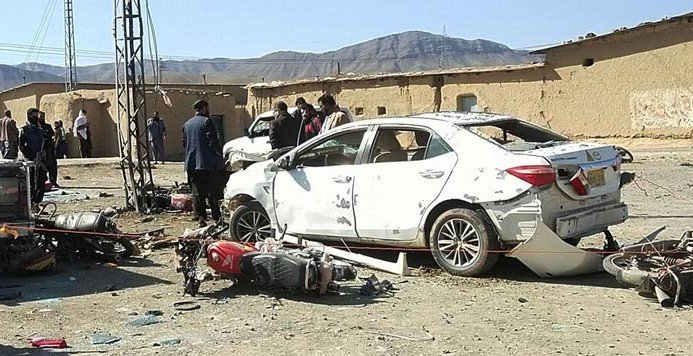
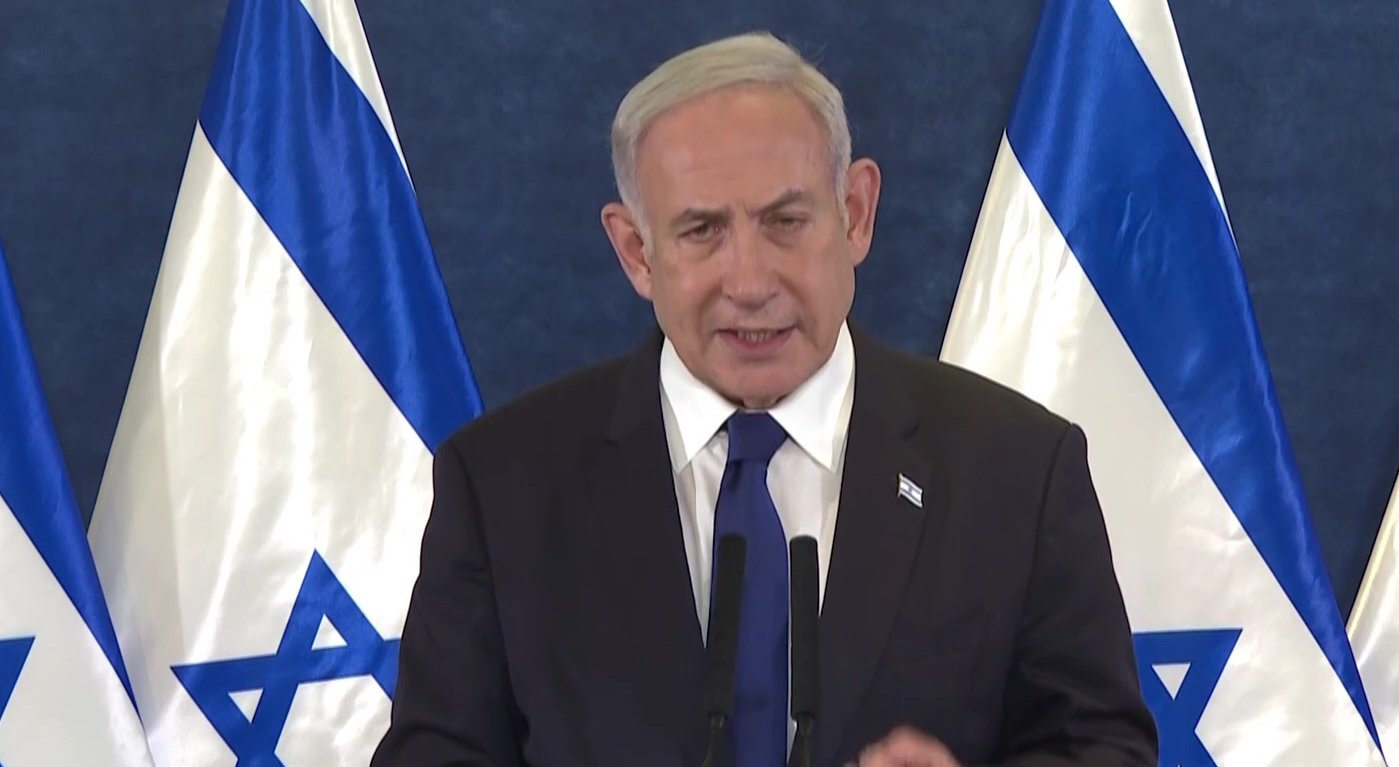
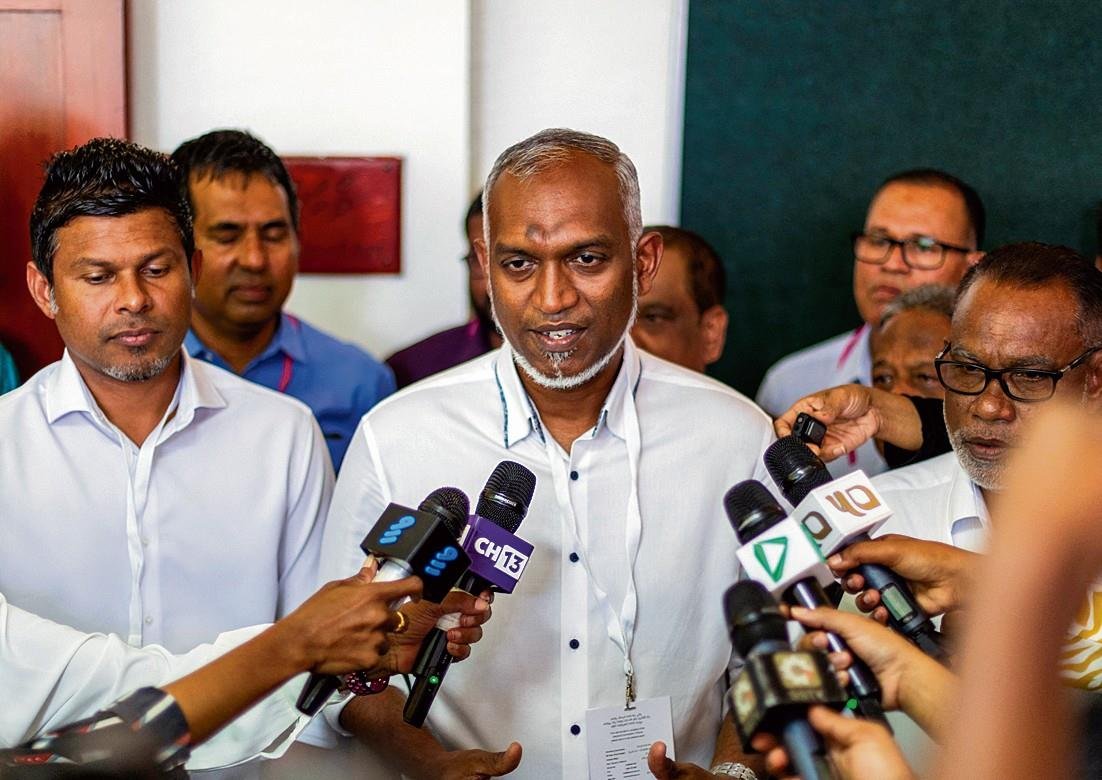

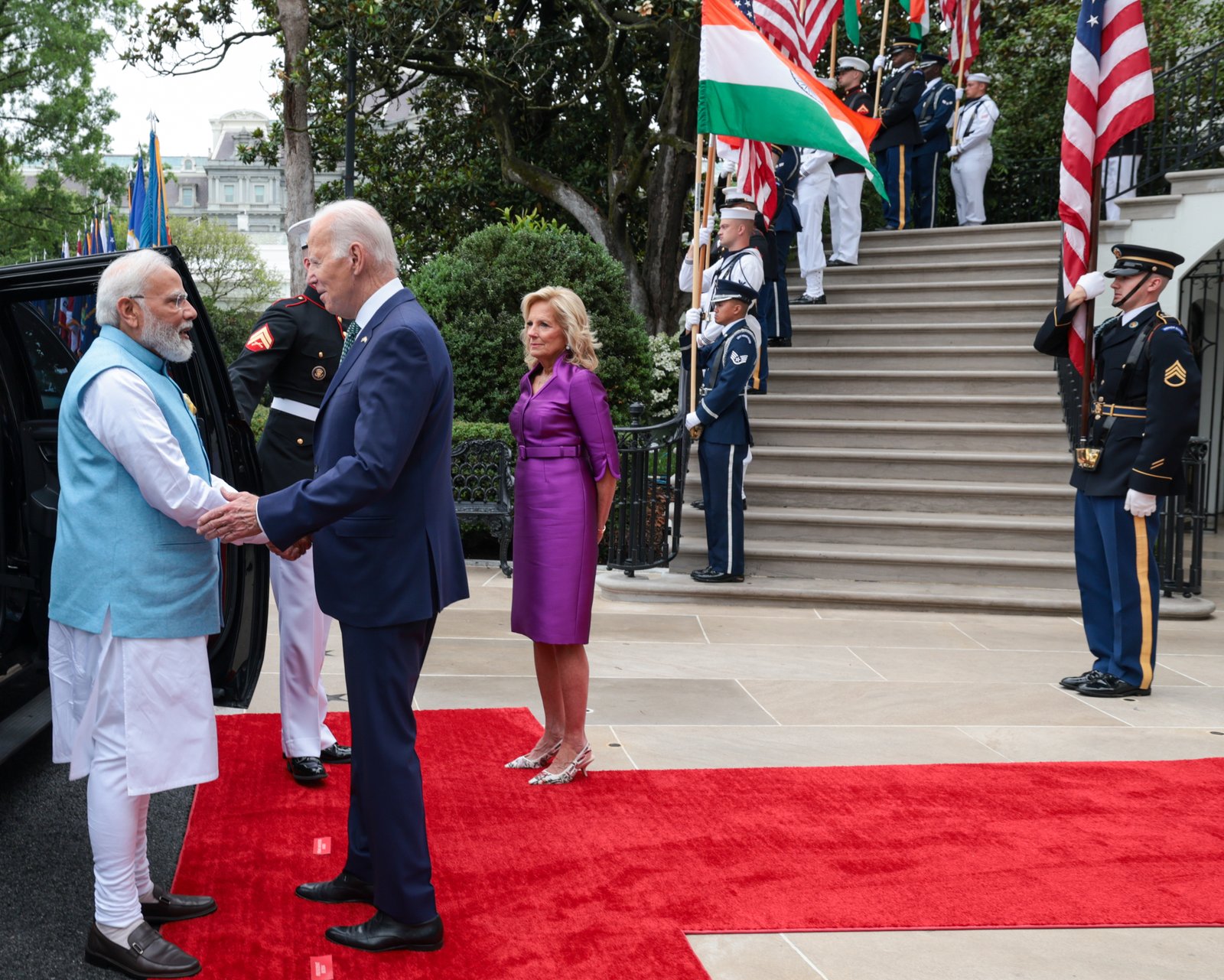
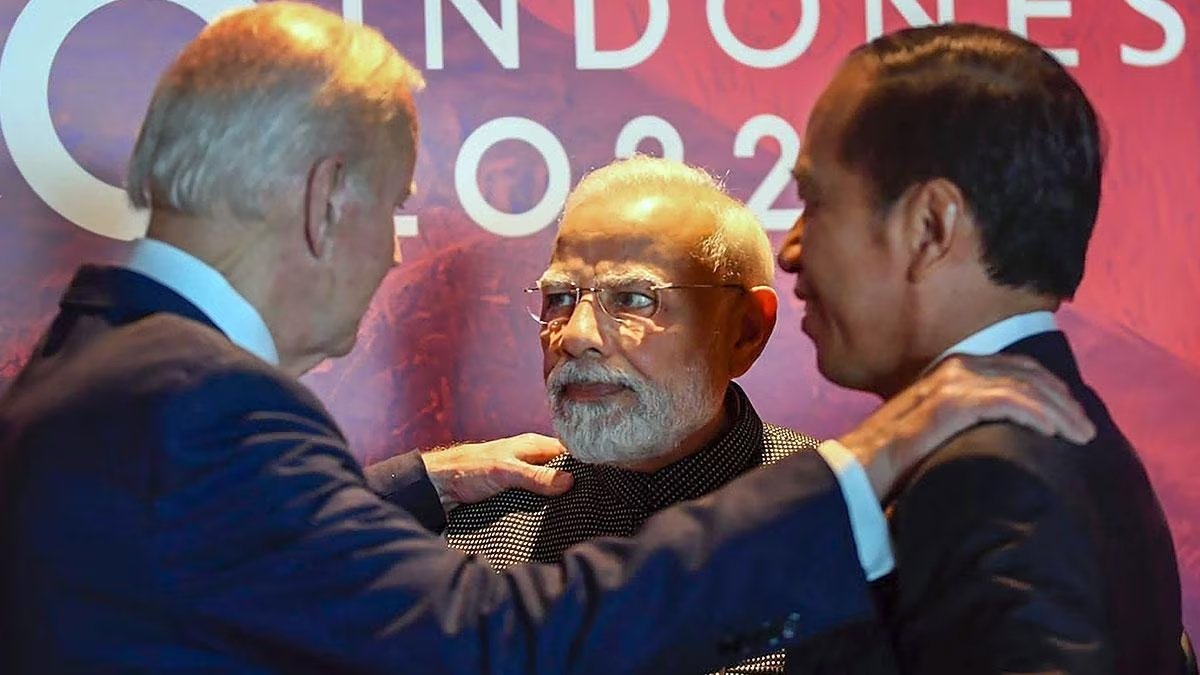


Reporter
Crisp, and to the point news coverage from India and around the world.
View Reporter News